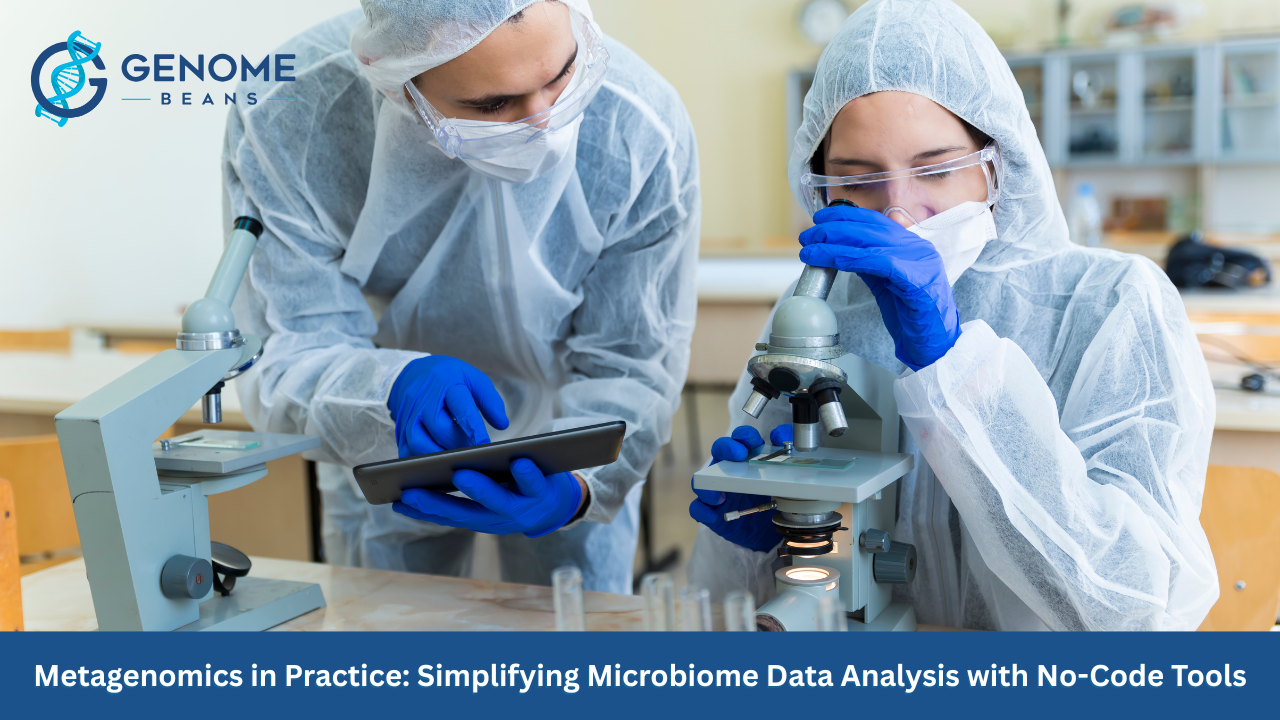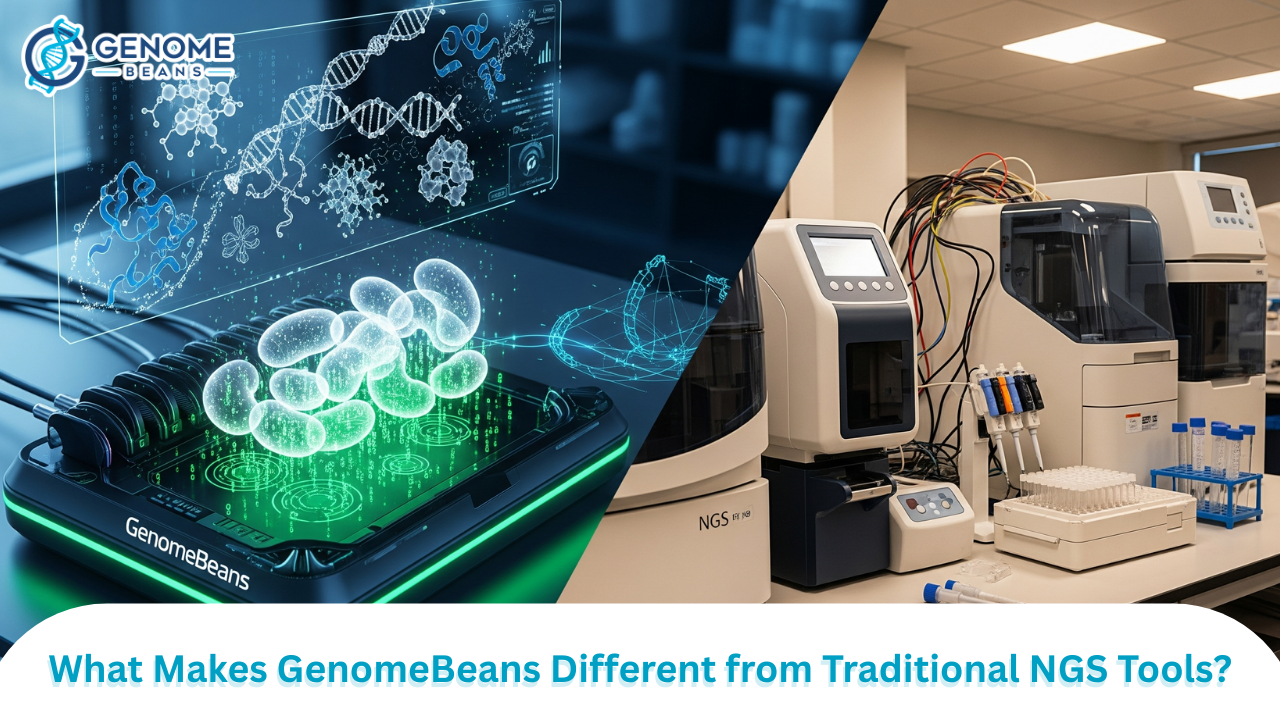NGS Data Analysis Bottlenecks: Common Pitfalls and How to Overcome Them
Key Takeaways
- NGS data analysis faces challenges like sequencing errors and tool variability.
- Quality control is essential to avoid misinterpretation.
- Standardized workflows reduce inconsistencies in results.
- Computational limits can slow large-scale analyses.
- Careful troubleshooting ensures accurate and reproducible outcomes

Next-Generation Sequencing (NGS) has transformed biology and medicine, offering massive amounts of sequencing data at unprecedented speed. However, analyzing this data comes with its own set of challenges. Recognizing and addressing these bottlenecks is essential for accurate and reproducible results.
Sequencing Errors and Quality Control
One of the biggest hurdles in NGS data analysis is sequencing errors. Even small inaccuracies during library preparation or sequencing can introduce false variants. This makes proper quality control (QC) at every stage vital for ensuring reliability.
Tool Variability and Standardization
Another challenge is the variability of bioinformatics tools. Different alignment algorithms or variant calling methods may produce conflicting results, complicating interpretation. Using standardized pipelines can help reduce inconsistencies while still maintaining flexibility for specific research goals.
Computational Demands
Computational limits are also a concern. Large datasets from whole-genome or transcriptome studies often require powerful servers and optimized workflows. Without proper resources, analyses may take longer or fail altogether, slowing down progress.
Troubleshooting Challenges
Troubleshooting remains essential in any NGS workflow. Problems such as low read depth, contamination, or misconfigured parameters can significantly affect outcomes. Careful monitoring and iterative refinement of processes help minimize these pitfalls.
Conclusion
NGS data analysis can be slowed by errors, variability, and computational limits. Addressing these challenges with robust QC, standardized workflows, and thoughtful troubleshooting helps researchers generate reliable, reproducible insights that drive meaningful biological discoveries.







